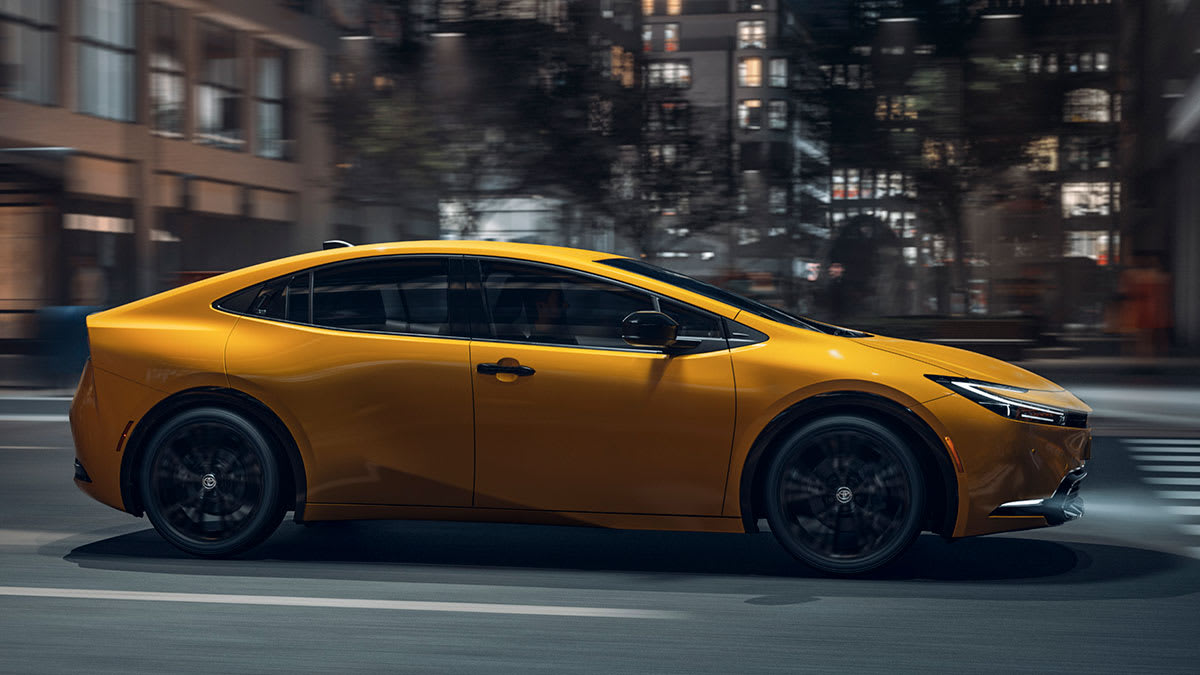
Other highlights include:
• Ninety-six percent of drivers said fuel economy was at least somewhat important to them when considering what vehicle to purchase or lease, and two-thirds (66 percent) said it was very important or extremely important.
• Almost two-thirds of Americans (64 percent) agreed that the government should continue to increase fuel-economy standards.
• Just 27 percent of Americans agreed that automakers care about lowering fuel costs for their customers.
Other attributes that drivers chose when asked about what could be improved included the purchase price (30 percent), maintenance costs (28 percent), infotainment systems (22 percent), and cargo space (18 percent). These results are similar to those from a 2022 version of this same survey.
“Americans across the political spectrum want to spend less to fuel their vehicles, and they think there’s significant room for improvement by automakers,” said Chris Harto, senior policy analyst for transportation and energy at Consumer Reports. “The best way to ensure that each generation of new vehicles costs less to fuel is to have strong, incremental, and technology-neutral standards for vehicle efficiency and emissions.”
A separate analysis by Consumer Reports found that steadily increasing fuel economy and emissions standards have combined to deliver fuel savings of over $9,000 for the average new vehicle’s lifespan today compared with vehicles produced in 2001.
Ongoing improvements have meant that shoppers have a wide range of options to choose from, with more of them considering hybrids, plug-in hybrids, and electric vehicles. Each powertrain type has its own strengths and weaknesses, excelling in different driving situations. (Learn how to decide which is right for you in our hybrids/EV buying guide.)
According to CR’s survey, about three-quarters of Americans (76 percent) expect fuel economy to improve with each model generation, and almost as many (74 percent) think that automakers have a responsibility to improve gas mileage.
Increasing government efficiency standards has been a powerful tool to make that progress, and Consumer Reports has continued to emphasize the importance of fuel economy in our road-test score (which has an impact on the Overall Score) given to each tested vehicle, thereby pressuring the auto industry and empowering consumers.
When asked in CR’s survey what specific fuel-economy figures they consider good for several popular vehicle types, the responses were quite reasonable, ranging from around 26 mpg for pickup trucks to 35 mpg for sedans. (For the 2024 model year, the average efficiency for vehicles was 20 mpg for pickups and 31 mpg for sedans.)
Most Americans want to see a fuel economy-figure that’s achievable with hybrids today, and those seeking even higher efficiency may find that’s possible with a plug-in hybrid, which they can drive on electricity alone for 20 to 40 miles before the engine turns on. Depending on the use and dedication to daily charging, PHEVs can offer tremendous benefits.
For drivers in the market now, we highlight the most fuel-efficient models in several key categories below.
Source link









